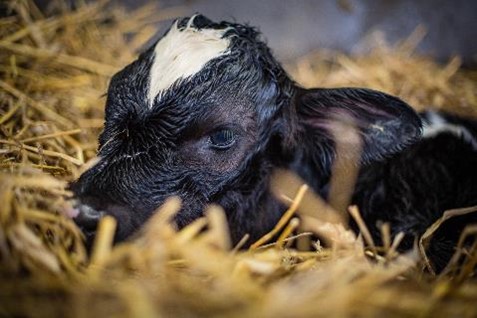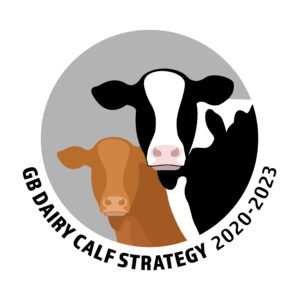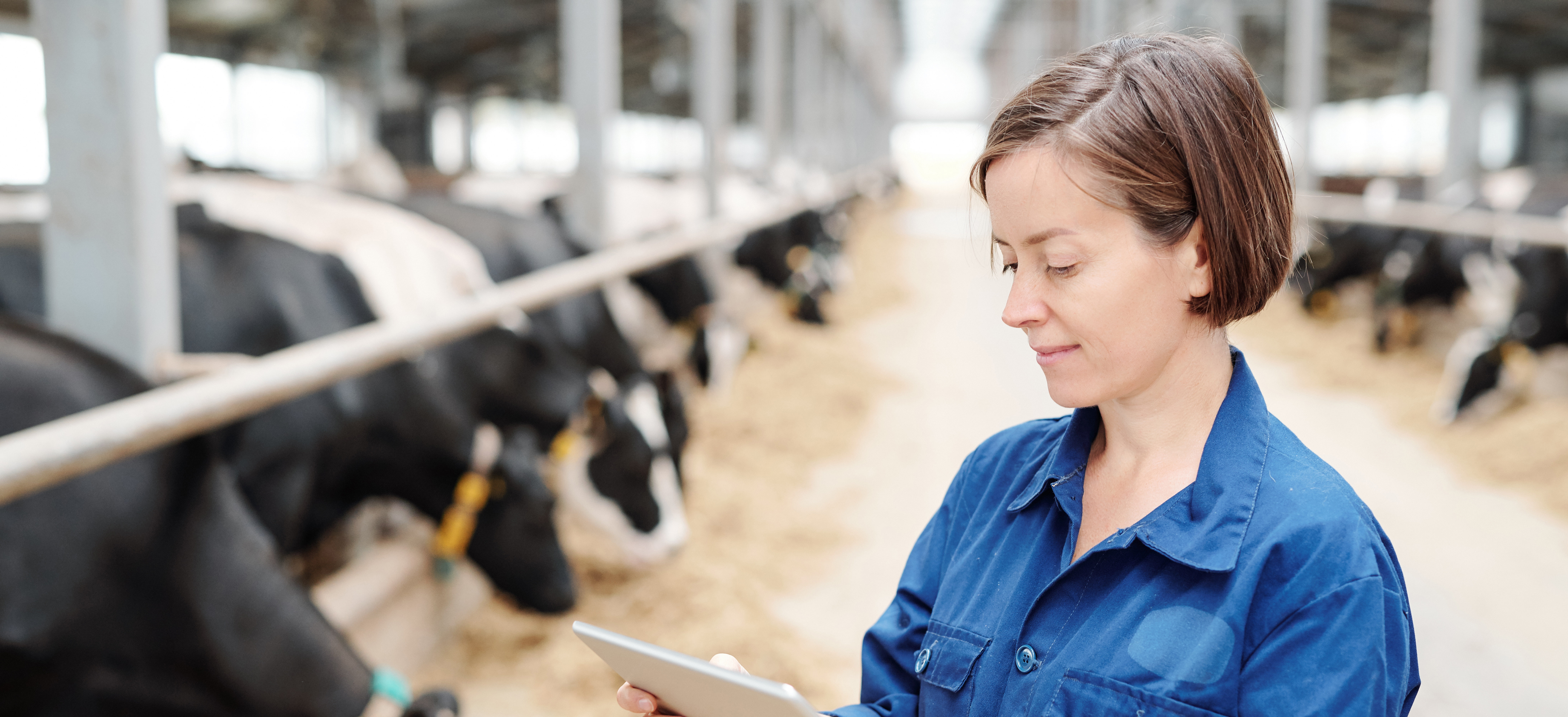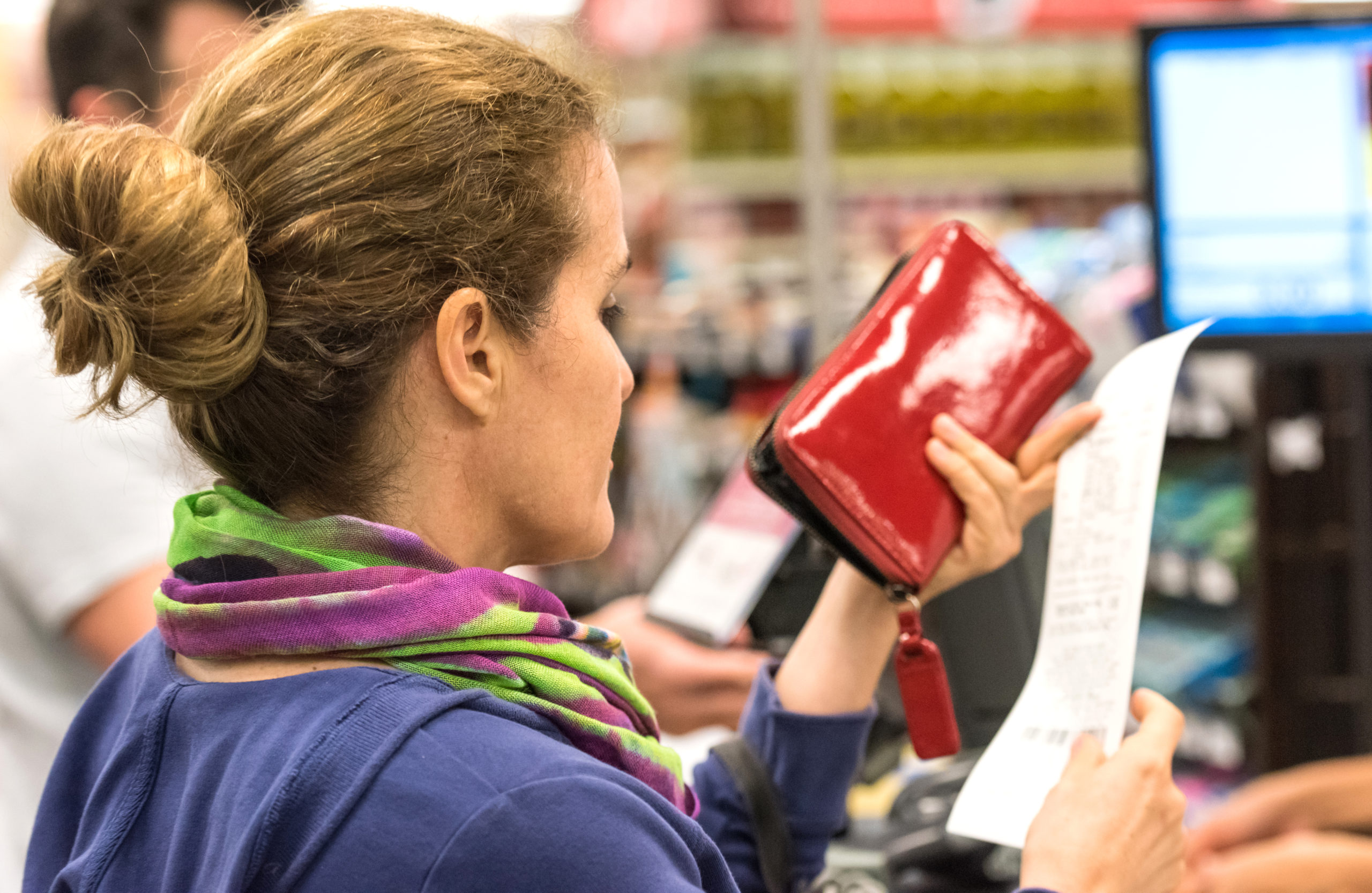Protecting Your Pigs from African Swine Fever
By: Stewart Houston, Red Tractor Pigs Chairman
As farmers, it’s our responsibility to ensure the health and well-being of the animals in our care. Owners of pigs, including pigs just kept as pets, are being advised to take precautions against African Swine Fever (ASF). Whilst ASF doesn’t affect humans, it is a highly contagious and fatal notifiable disease that is present in parts of Europe, Asia, and Africa. Mainland Italy has recently confirmed its first ever case of the strain currently circulating in Europe, Asia, and Central America. The risk of ASF reaching the UK has increased: if it were to arrive here, it would have a devastating impact on the health of our pig population and the domestic and international trade of pigs and pork.
How African swine fever could reach the UK
There are multiple pathways for the introduction of ASF virus to a new area: movement of infected live animals, contaminated equipment, or infectious products. The Animal and Plant Health Agency (APHA) consider the human route (e.g., in passenger luggage, farm workers, etc..) to be the highest risk pathway and the most likely route of entry to the UK, given other mitigating factors. Therefore, the risk of ASF infected pork being brought into the UK via people has been risk assessed as ‘high’, even though the overall risk for all pathways is medium.
The importance of what you feed your pigs
If you have pigs on your farm, even if they are not your primary livelihood, it’s important to follow the latest guidance on how to prevent the spread of ASF. As the ASF virus survives well in uncooked, cured, or frozen meat, one key measure is to make sure you are not feeding your pigs any food waste. It is illegal to feed catering or domestic food waste, including from vegetarian and vegan kitchens, to pigs or wild boar, as there is a risk of spreading disease. This includes kitchen scraps and leftovers, raw or cooked meat, cured, dried, smoked, or frozen meat, fish, and shellfish, and even dog and cat food. Instead, you should feed your pigs specially formulated commercial pig feed and fruit and vegetables that have never entered a domestic or commercial kitchen and haven’t come into contact with products of animal origin such as meat or dairy. You should also avoid leaving food waste in areas where wild boar or feral pigs roam and it is not recommended to provide any supplementary commercial feed for feral pigs or wild boar, to avoid encouraging them.
Good biosecurity and farm workers
Good biosecurity is key to preventing the spread of ASF as well as other diseases to your animals. An important precaution is to ensure that all visitors and farm workers are using dedicated clothing and boots when entering pig premises, and that any vehicles and equipment entering the premises are cleaned and disinfected before and after. If you employ seasonal or workers from abroad, it’s important that they are able to read the biosecurity protocols, which may mean making them available in other languages. It is also crucial to ensure that people who look after or visit your pigs understand the disease risk of bringing back meat products, particularly wild boar meat or pork products, from affected countries. Trade of pork from affected areas in these countries is restricted. Further advice on how to practice good biosecurity can be found here: https://www.gov.uk/guidance/disease-prevention-for-livestock-farmers. AHDB Pork also have some excellent resources on ASF and biosecurity: https://ahdb.org.uk/knowledge-library/biosecurity-on-pig-farms
If you notice that your pigs are looking unwell, it is important to seek veterinary advice promptly.
More information about ASF is available on the Gov.uk page here: African swine fever: how to spot and report the disease – GOV.UK (www.gov.uk). By following these guidelines and being vigilant, you can help protect the health of our pig population and prevent the spread of ASF. Let’s work together to ensure a bright future for pig farming in the UK.


















